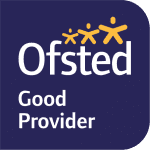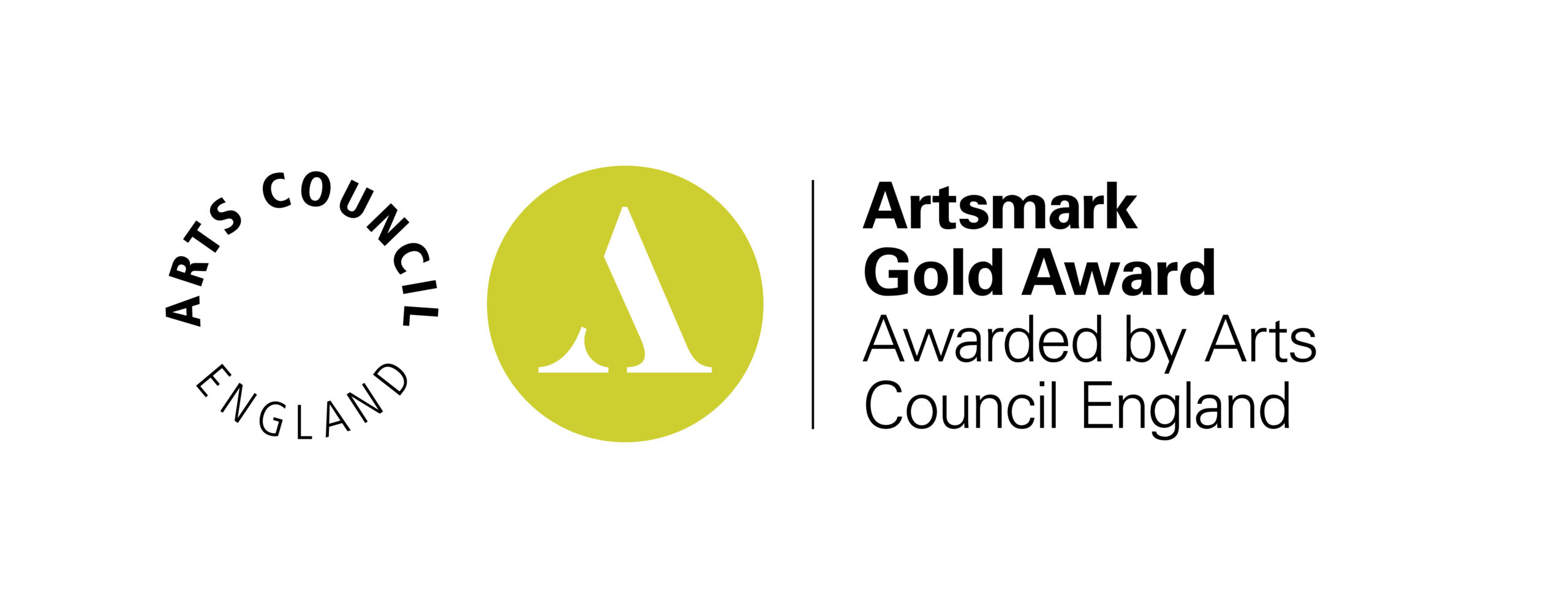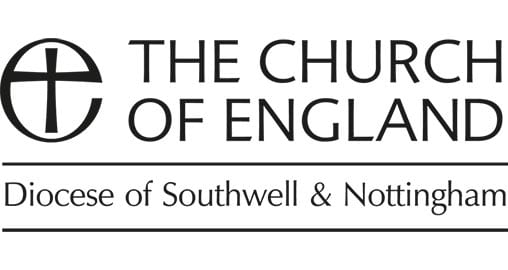Curriculum intent
The English department strives to impart and promote a love of language and literature within our students. We aim to develop students’ ability to communicate effectively in a wide range of contexts; to enable pupils to use accurate Standard English and develop an interest in the richness of the English language in its various forms. We teach the mechanics of reading, writing, speaking and listening, but also believe teaching of English should provide students with the skills and abilities to express themselves via both the written and spoken word, and that they are equipped with an extensive vocabulary (explicitly modelling tier two and three vocabulary) in order to communicate fluently and effectively with others in varied situations.
The study of English language and literature helps students to explore and analyse some of life’s big questions. It is about history, culture, and the human experience. By exploring an interesting range of texts students are encouraged to form opinions and express them confidently. Students are encouraged to investigate, question and reflect on our three overarching themes: power, morality and motivation. The knowledge rich curriculum helps students to engage in debate and form diplomatic responses to a wide variety of issues. We encourage students to clearly and confidently ‘answer like a scholar’.
We strive to give pupils the opportunity to study challenging and ambitious texts celebrated within our literary heritage. Above all else we provide a curriculum which offers a rich and diverse range of learning experiences enabling all pupils to enjoy and achieve. Confidence in literacy and oracy have a direct impact on self-esteem, motivation, resourcefulness and independent learning. Our curriculum is designed to challenge all students regardless of background and ability and to instil in them a love of learning and the expectation of success.





